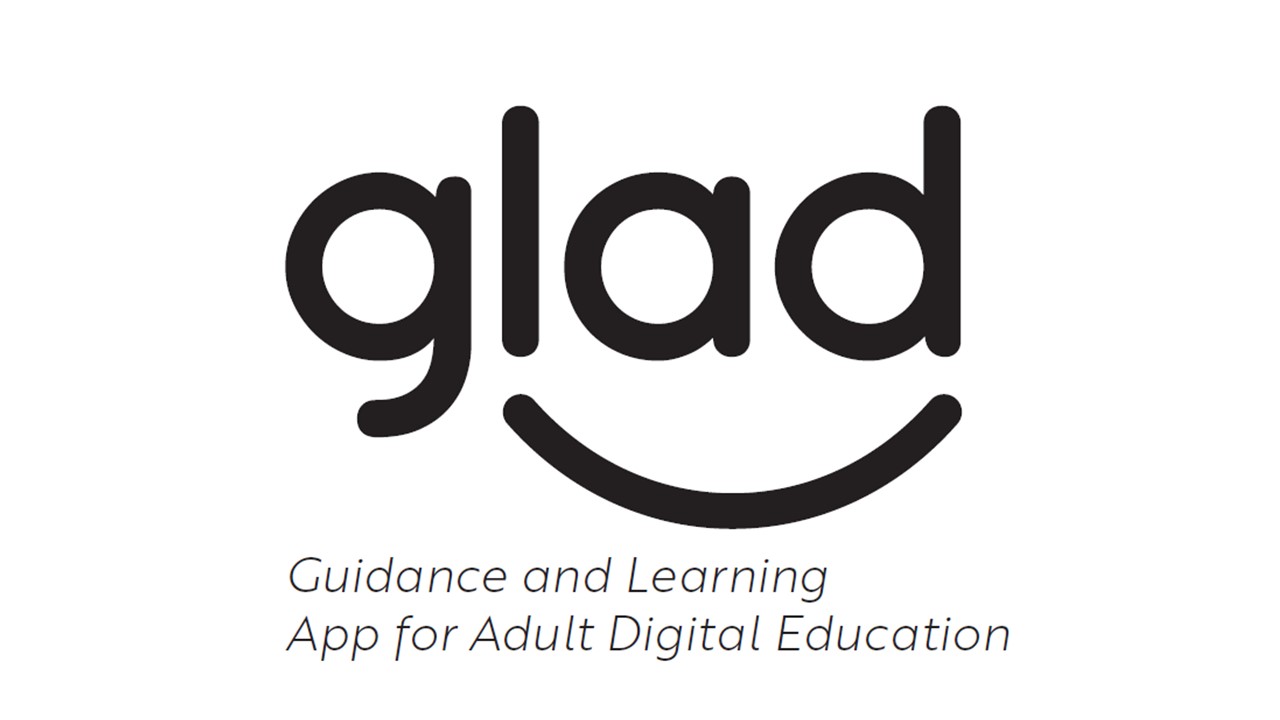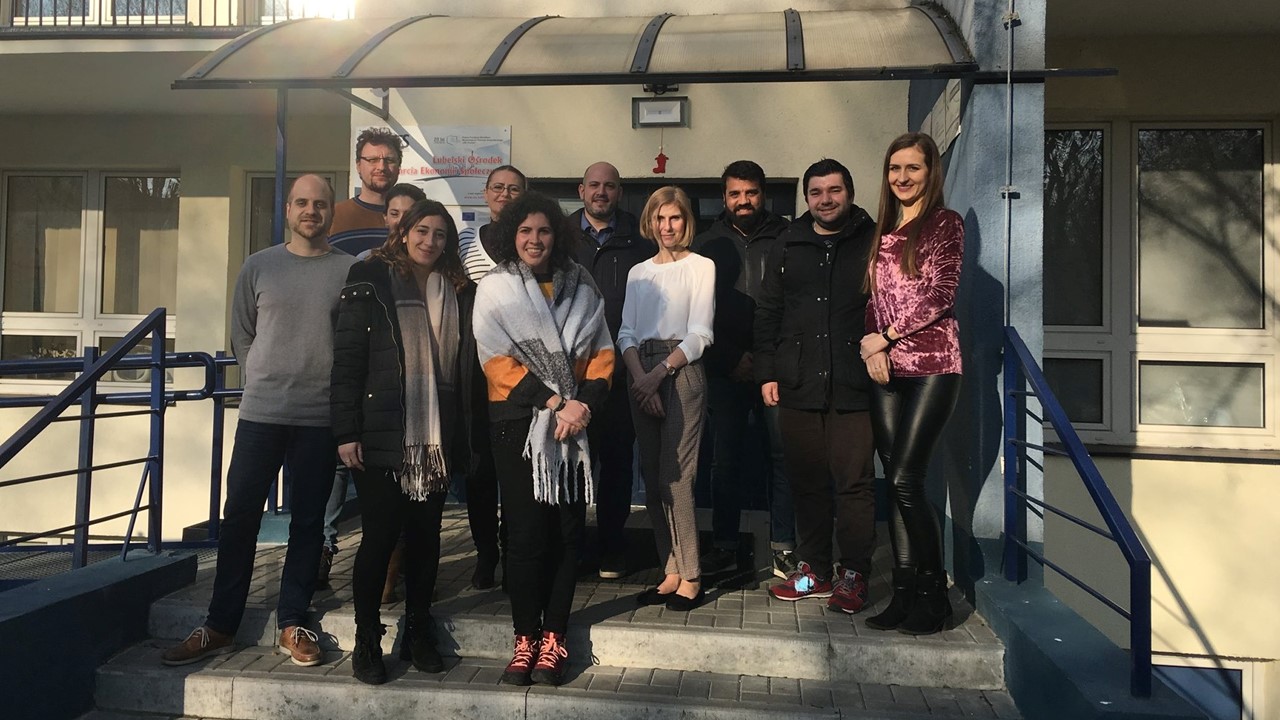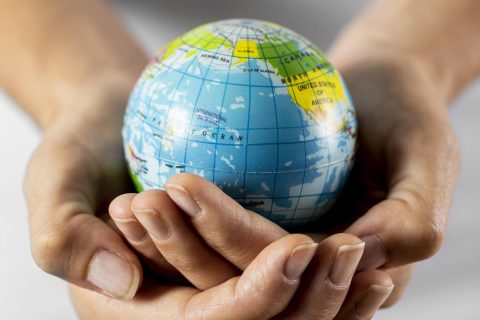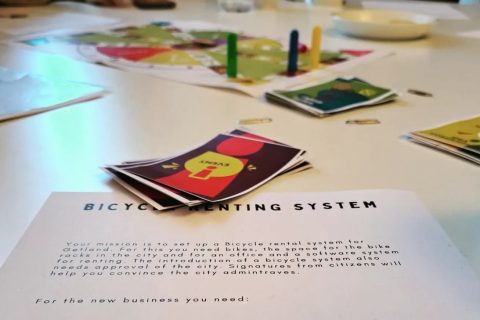GLAD is a project that seeks to close the generation and technology gap between parents and their children. This initiative between five countries, coordinated in Spain by Neo Sapiens, brings together organisations that aim to research and develop new materials in parental digital mediation (NGOs, training centres, parents’ association etc.). For 24 months, these organisations will develop cooperative and parallel activities in their countries that will include: studies on digital competences, consultations with parents, local workshops, training courses, etc.
GLAD arises from the current need to use online technology and communication for a large number of basic daily actions despite the low skills of today’s society (44% of the European population does not have the digital skills for an appropriate use of ICTs). Such data is worrying as one in three adults seem to lack sufficient digital skills for everyday life. According to the International Communication Association (2014), more than 40% of parents start using technology and learn how to use it from their children’s use of it. Accordingly, it is important to provide parents with digital literacy training to enable them to create a safe environment in their families. This should seek to promote a conscious use of technology not only as “fun”, but as a useful tool for life.
There is a general belief that children’s learning ends when they finish school or their school activities. However, outside this period they engage in a variety of actions that require support from digitally literate people to help them reach their potential (at personal, educational or leisure level). Family learning or management is traditionally related to systems of control, from (1) active co-use, (2) time and content restrictions, (3) technical restrictions or (4) monitoring (Livingstone & amp; Helsper, 2008). However, ‘giving permission’ is not part of learning if basic digital skills are not worked on: parents’ understanding of security and digital awareness are issues that need to be worked on immediately.
Recent OECD literacy reports have found evidence that family language, joint use of technology and even mathematics improve children’s skills. They also benefit the learning of caregiving parents. This premise is also supported by US studies linking parents’ digital divide to their children’s future career success and social self-affirmation.
To improve this situation, GLAD will generate different tools and manuals for the training of parents in digital mediation as well as learning materials on how to manage the use of ICTs with their children. For more information about this project or how to be part of it, collaborate or participate in its activities, please contact our team.
The European Commission’s support for the production of this publication does not constitute an endorsement of the content, which reflects the views only of the authors, and the Commission cannot be held responsible for any use which may be made of the information contained therein.

Dates: 01/09/2019 to 31/12/2021
Partner entities:
![]() Omospondia Syndesmwn Goneon Demotikon Sholeion Larnakas
Omospondia Syndesmwn Goneon Demotikon Sholeion Larnakas
![]() SC Misxt Source Management
SC Misxt Source Management

- Product 1 -Theoretical and practical framework of education and digital mediation for parents and educators (Spanish): arises from the documentary research carried out during the initial phase of the project. It is aimed at parents and educators and describes needs, channels, media and digital competences to be taken into account in order to make appropriate use of digital technologies. It is the theoretical basis that drives the GLAD project and, at the same time, it is a transversal approach that will be present in the rest of the project materials.
- Product 2 – Manual for adult educators (Spanish): The aim of this material is to equip adult educators with the relevant skills and competences for the digital education of parents. The aim is to foster the acquisition of greater digital awareness and to promote a good system of cooperation and communication with children, using technology and media.
- Product 3 – Toolkits on digital mediation for parents (Spanish): they include simple tips, videos, tools and resources for parents on different topics and to gain confidence with the use of technology, while educating and having a good time with their children.
- Product 4 – App on digital measurement (Spanish) (Google play / App Store): an interactive and educational game for mobile phones that promotes family learning and the good use of digital technologies. The narrative takes place in a small village, called VillaGLAD, where the little ones will try to help the villagers of VillaGLAD, while accessing educational content that they will have to visualise and solve with the help of their parents.
*All GLAD project products are also available in English, Italian, Greek, Romanian and Polish. Please contact our team if you would like to access them or visit the project website
- Empower tutors, educators and professionals in skills related to children’s digital education.
- Create a safe model for parent training that focuses on the relationship with their children through the correct joint use of ICTs.
- Define a learning and knowledge framework to enhance the possibilities offered by ICTs.
- Create resources that can be used as a space for reflection and consultation for everyday situations that involve the use of ICTs by and with children.
- To encourage interaction between entities from different countries that allow an exchange of knowledge and practices in order to create new pedagogical tools at European level.
- First transnational coordination meeting in Poland (January 2020).
- Creation of a theoretical and practical framework for parent education (digital literacy) (January to September 2020).
- Second transnational coordination meeting in Spain (June 2020).
- Design and creation of a manual and training course to train educators and parent trainers (July 2020 to May 2021).
- Creation of additional learning materials on digital education and parental guidance (July 2020 to April 2021).
- Third transnational coordination meeting and transnational training course in Cyprus (December 2020).
- Design and creation of an app for parents with guidelines for children’s digital mediation and their self-assessment in this field (July 2020 to April 2021).
- Local testing of the products created by the project in the different participating countries (February to April 2021).
- Fourth transnational coordination meeting in Italy (July 2021).
- Dissemination events of the project in its partner countries (June 2021).




